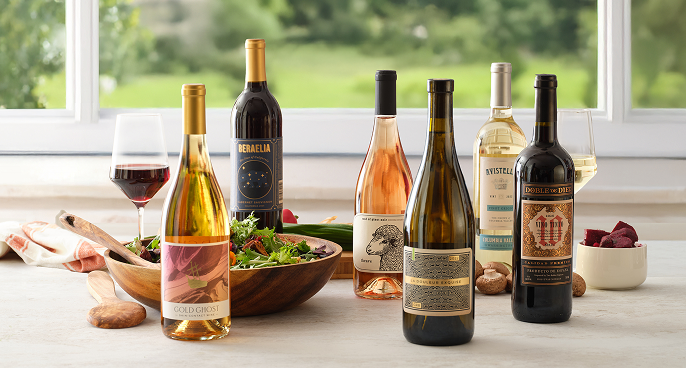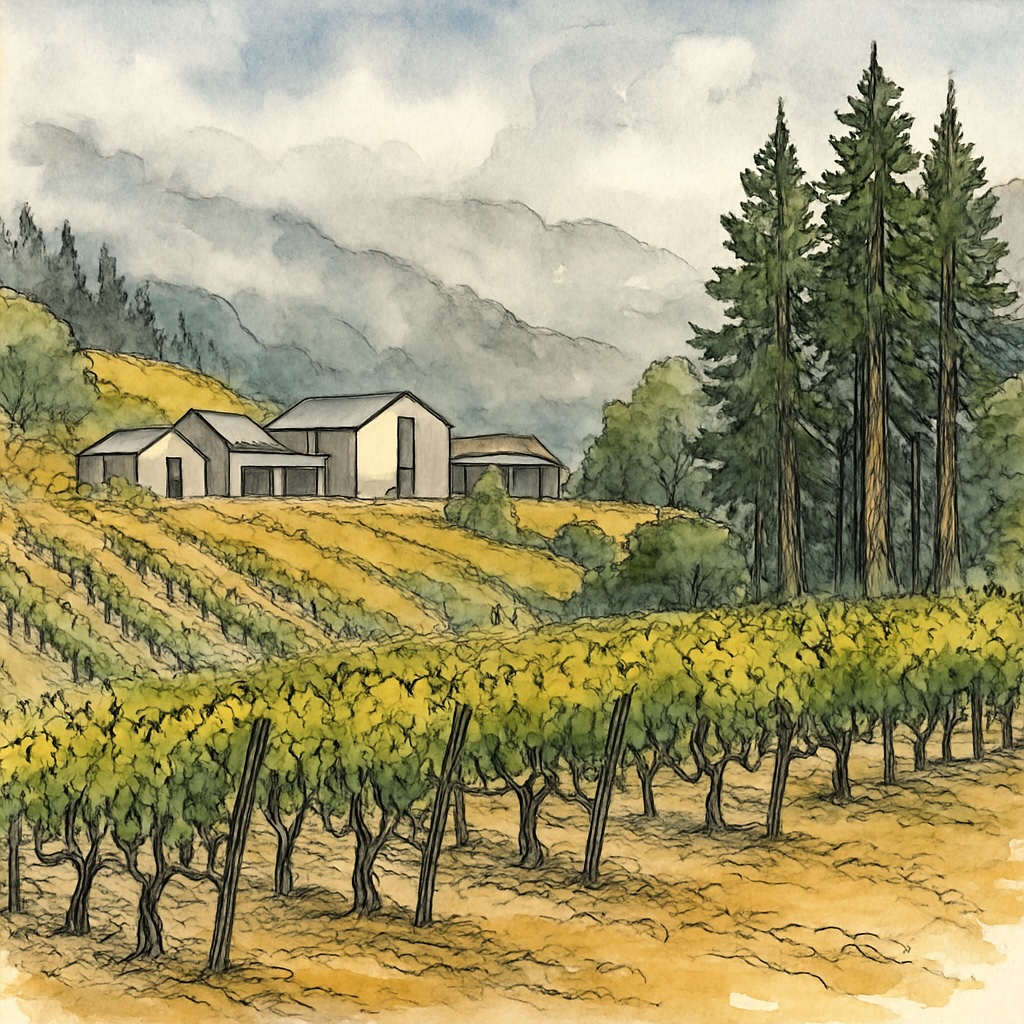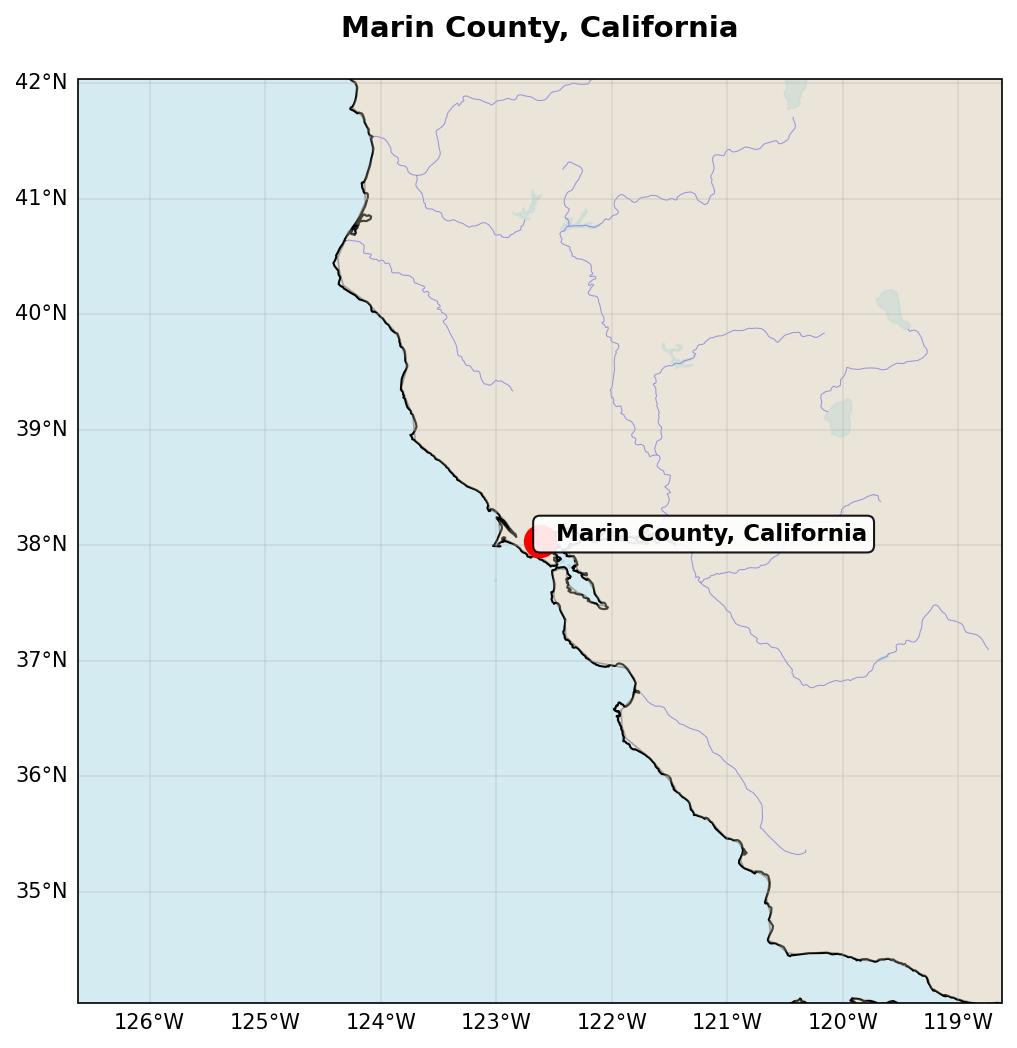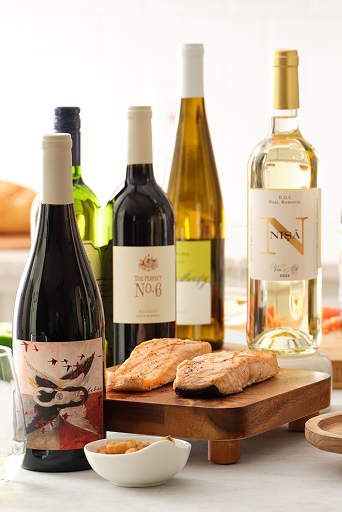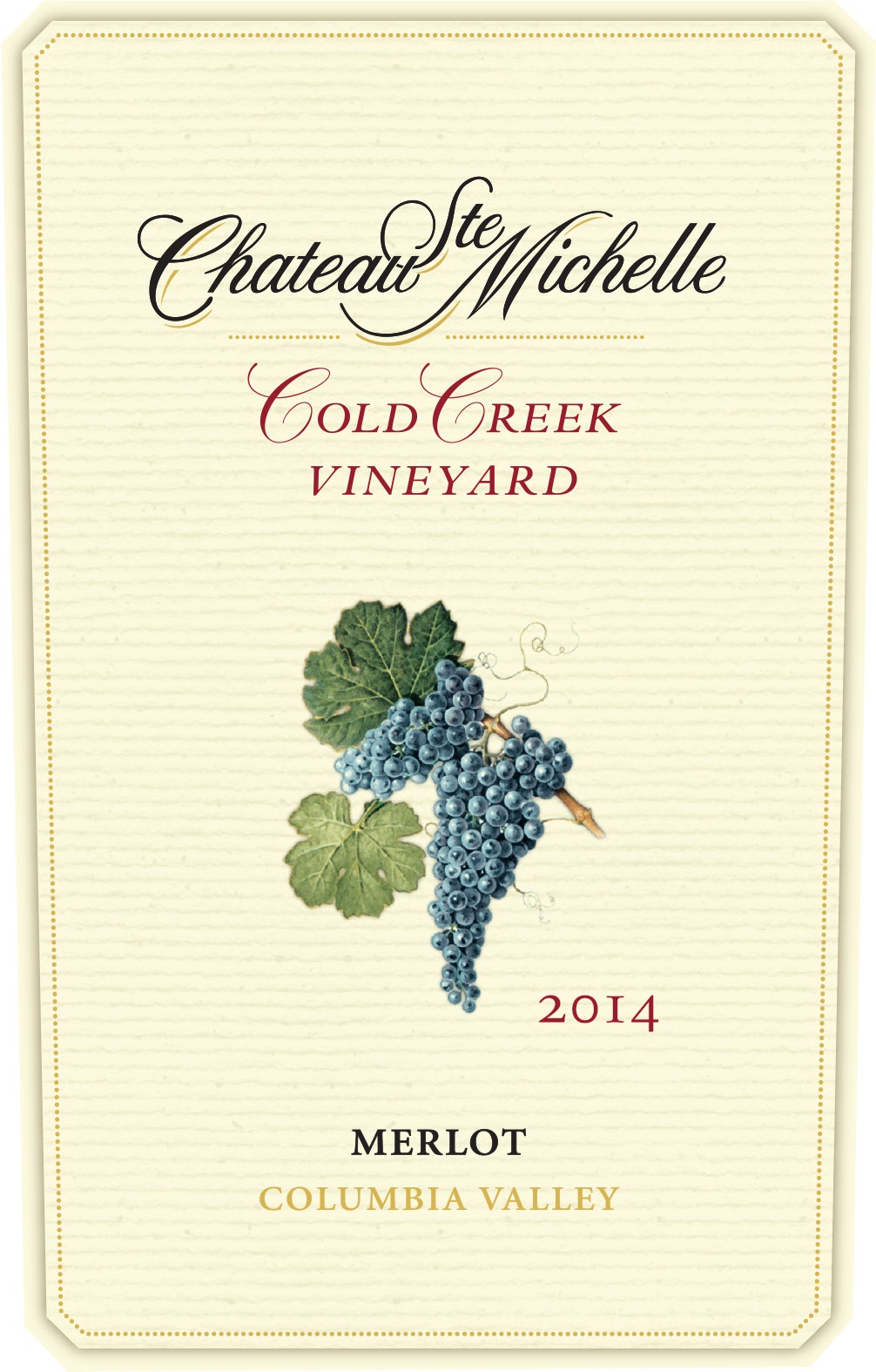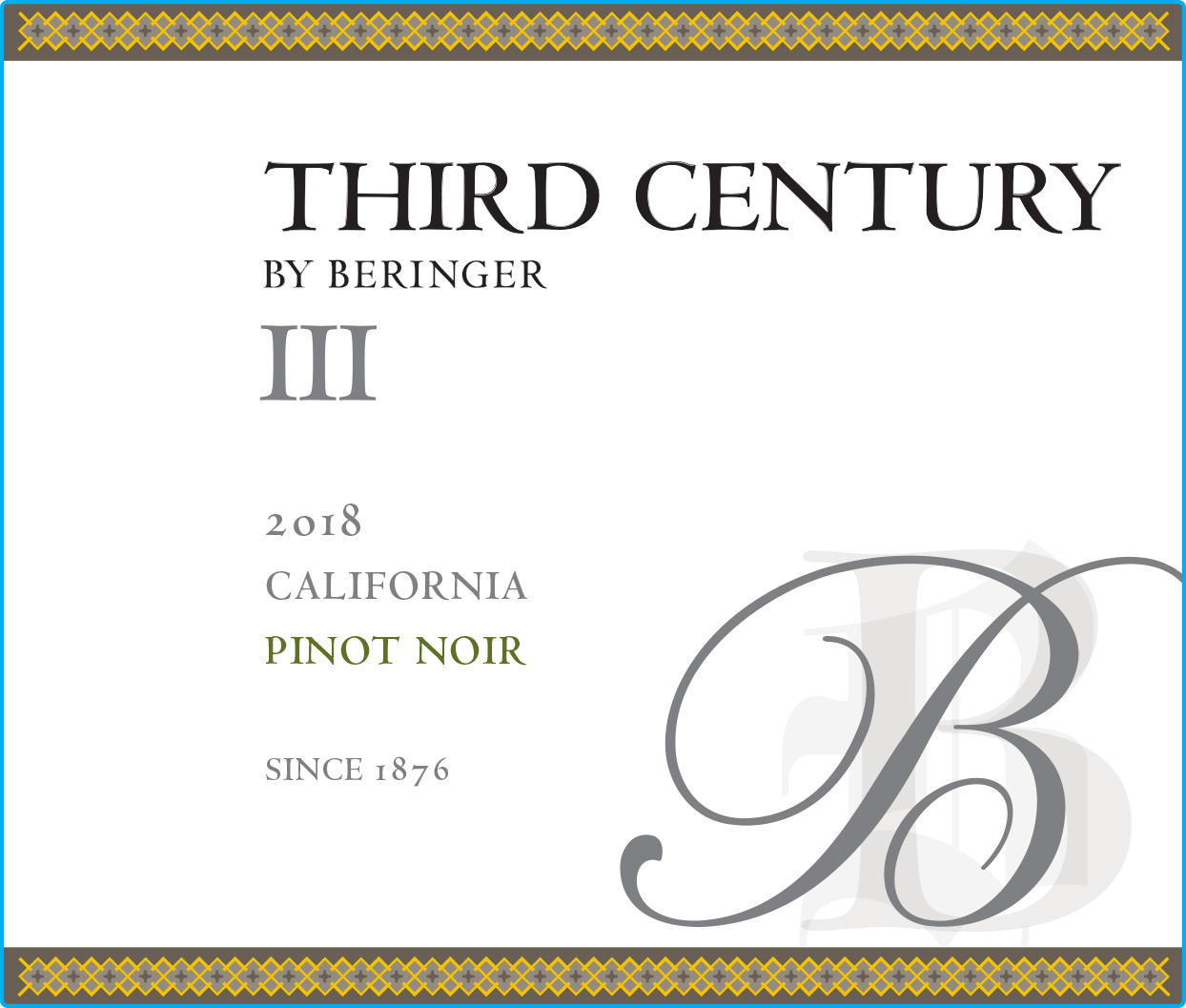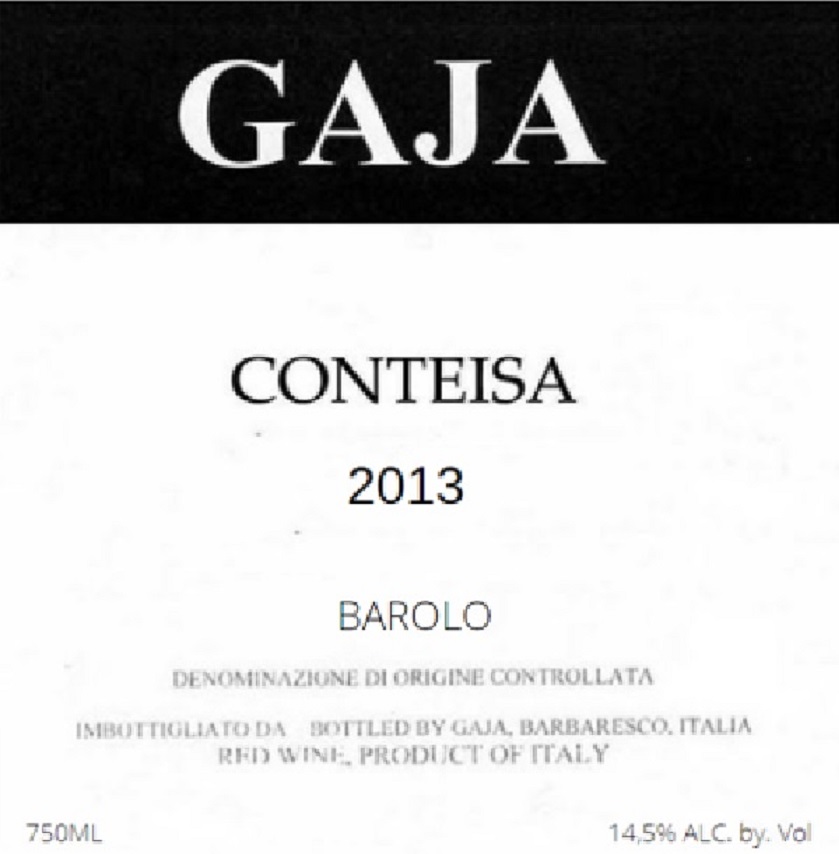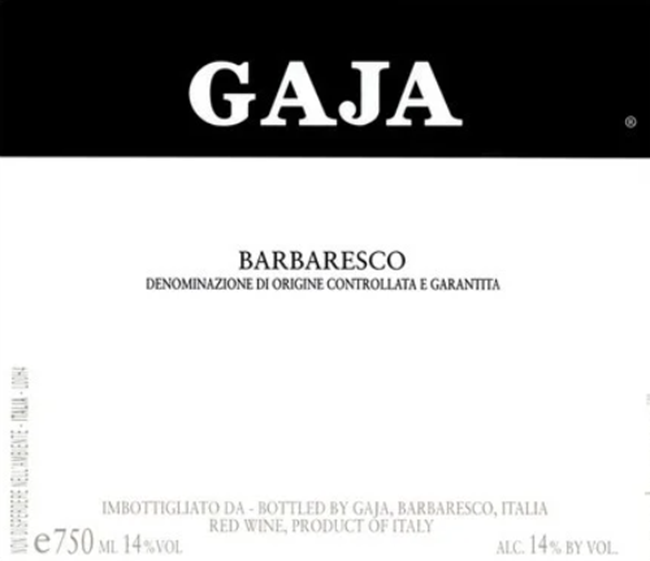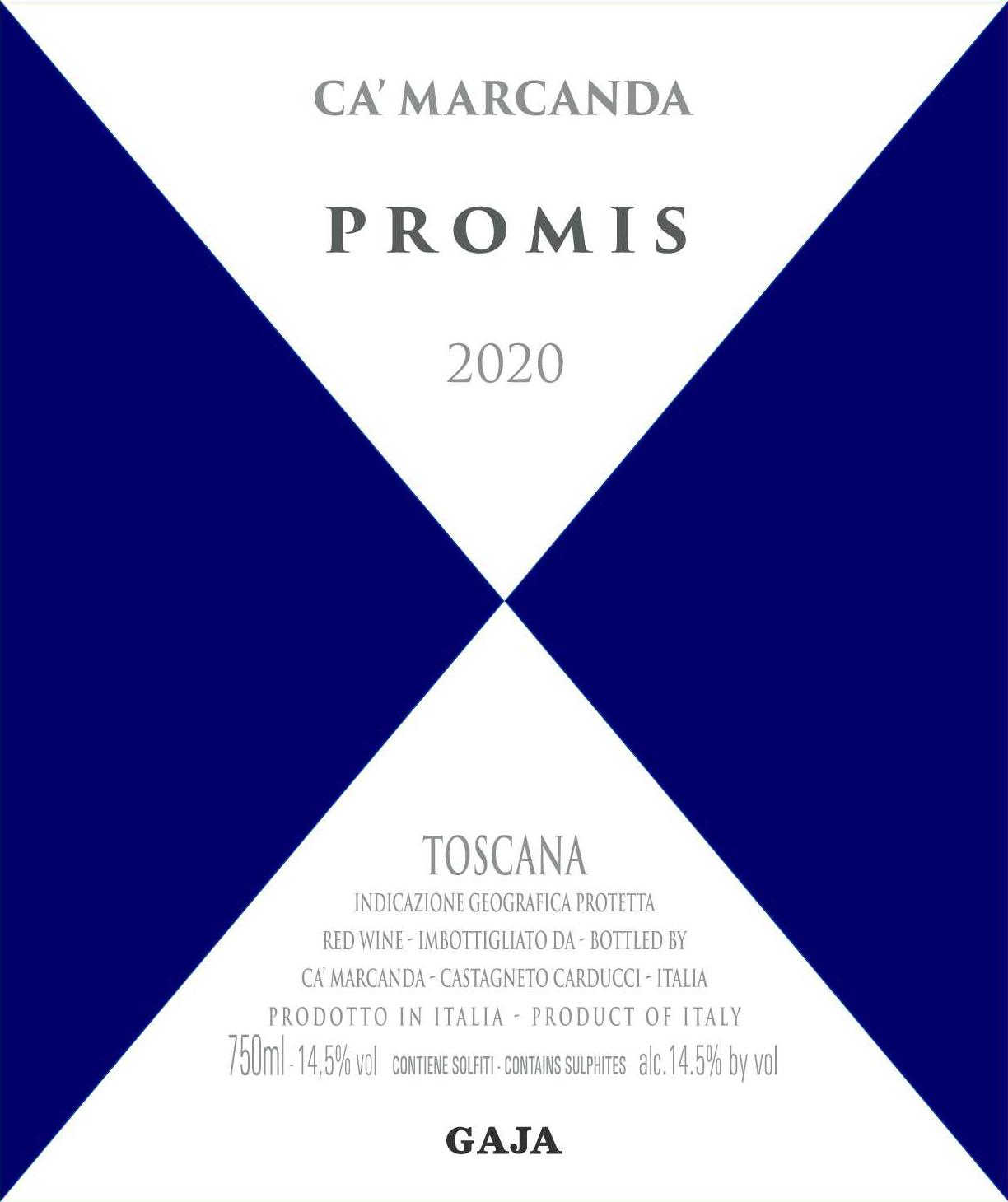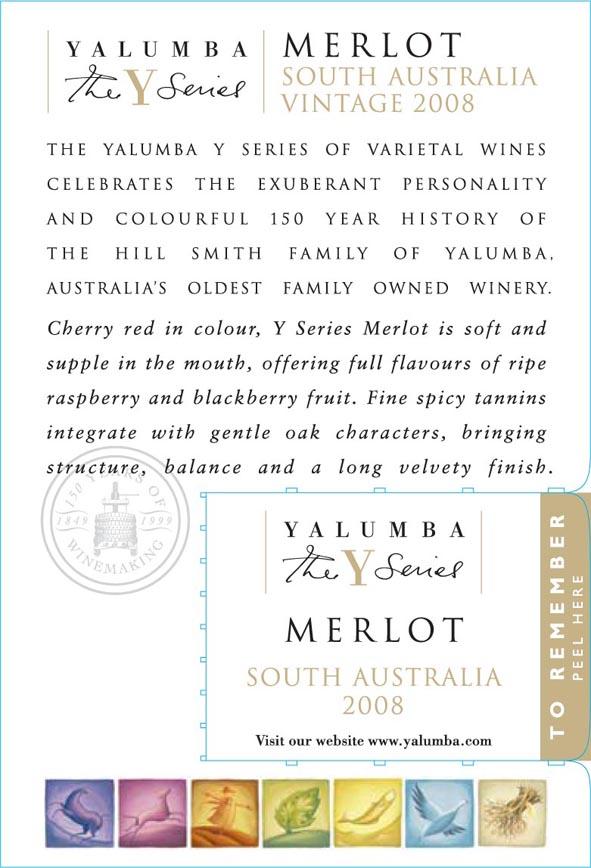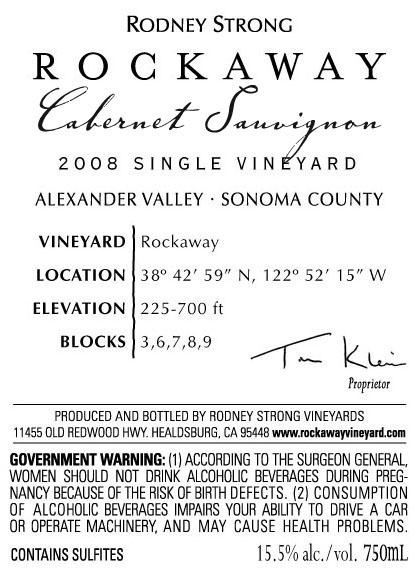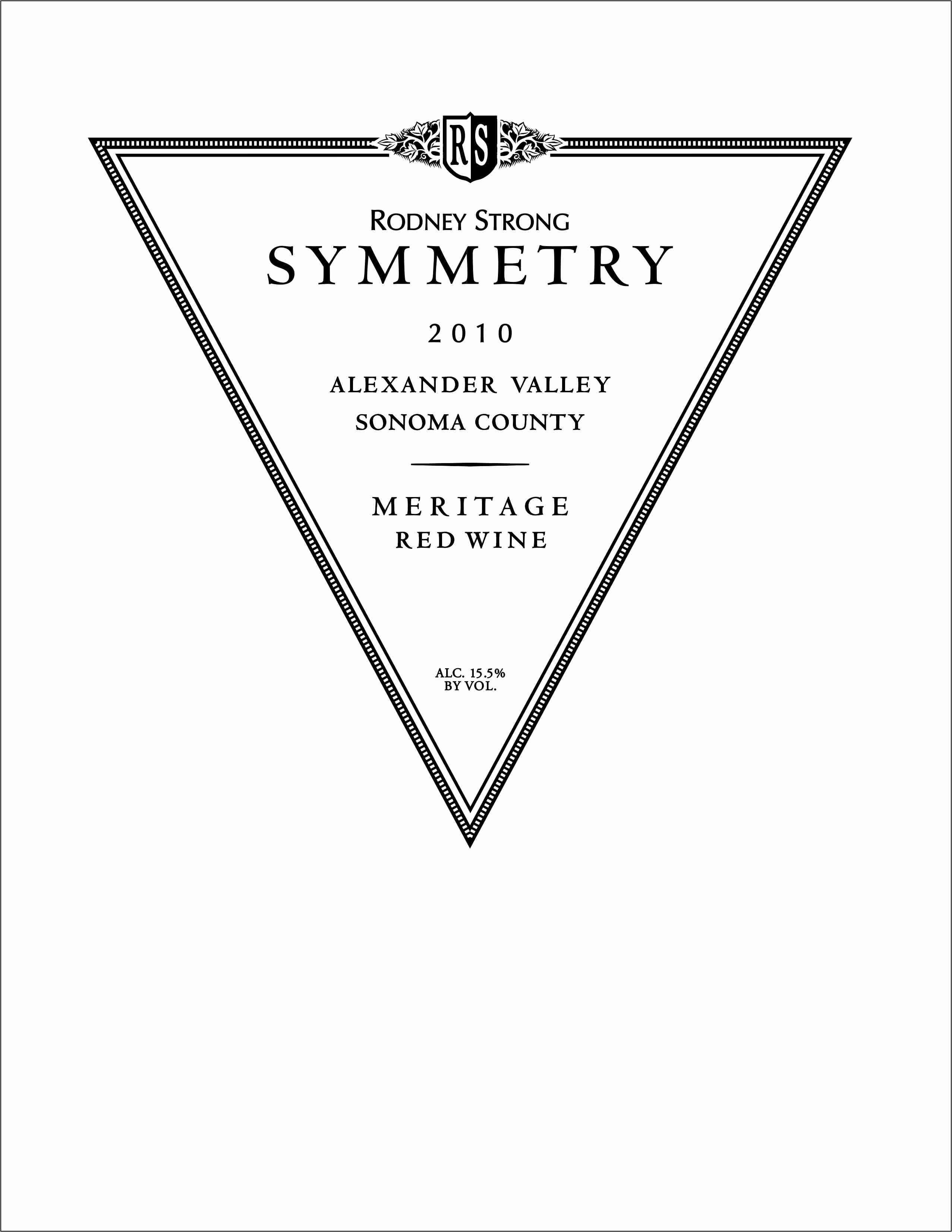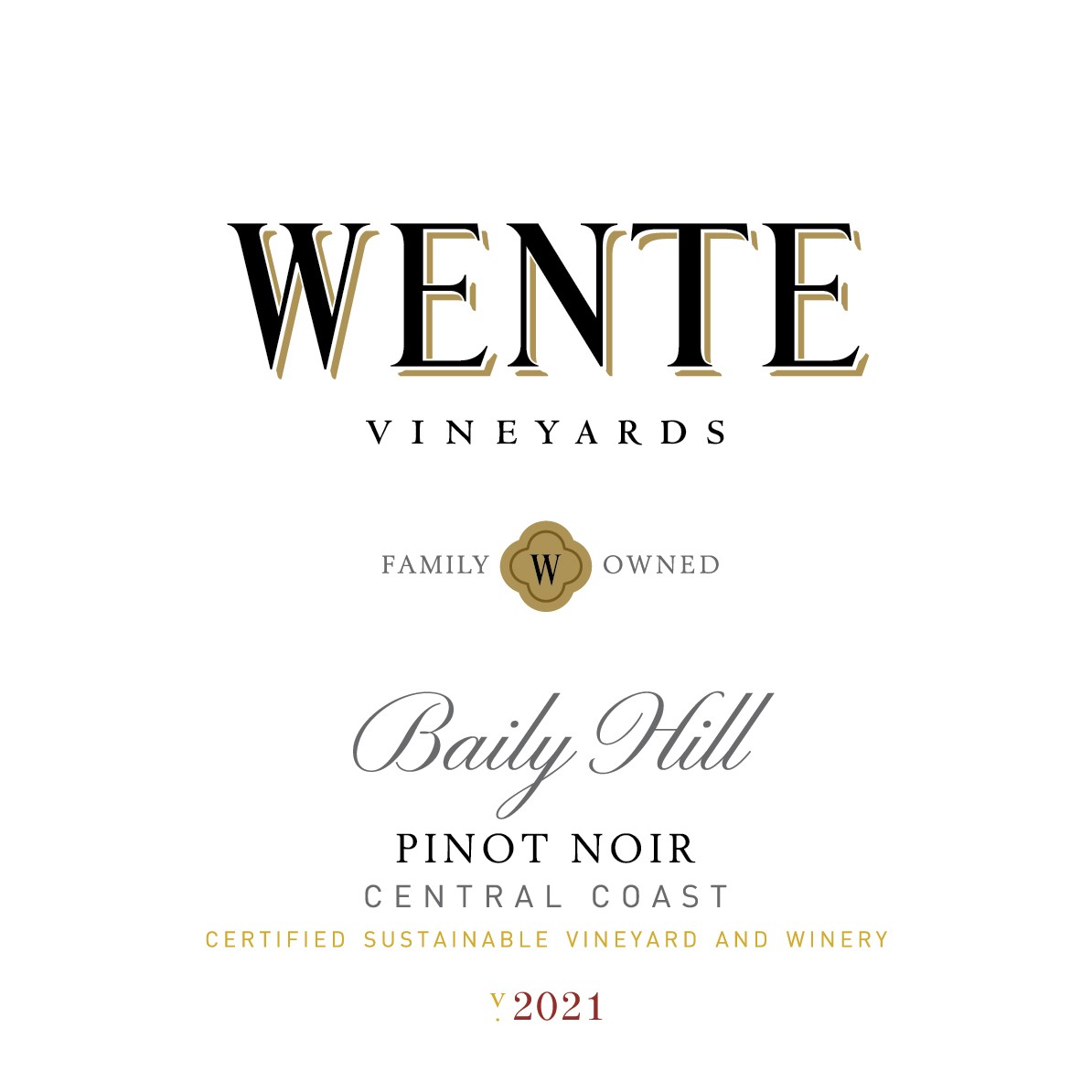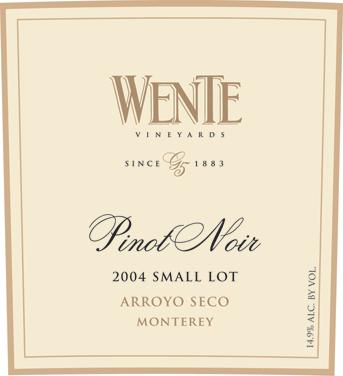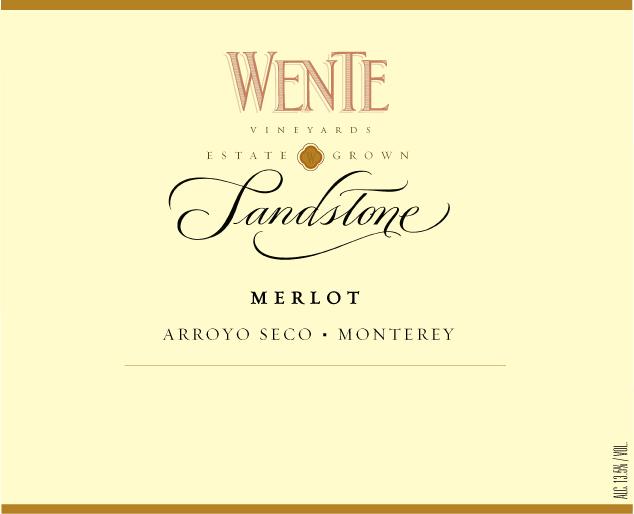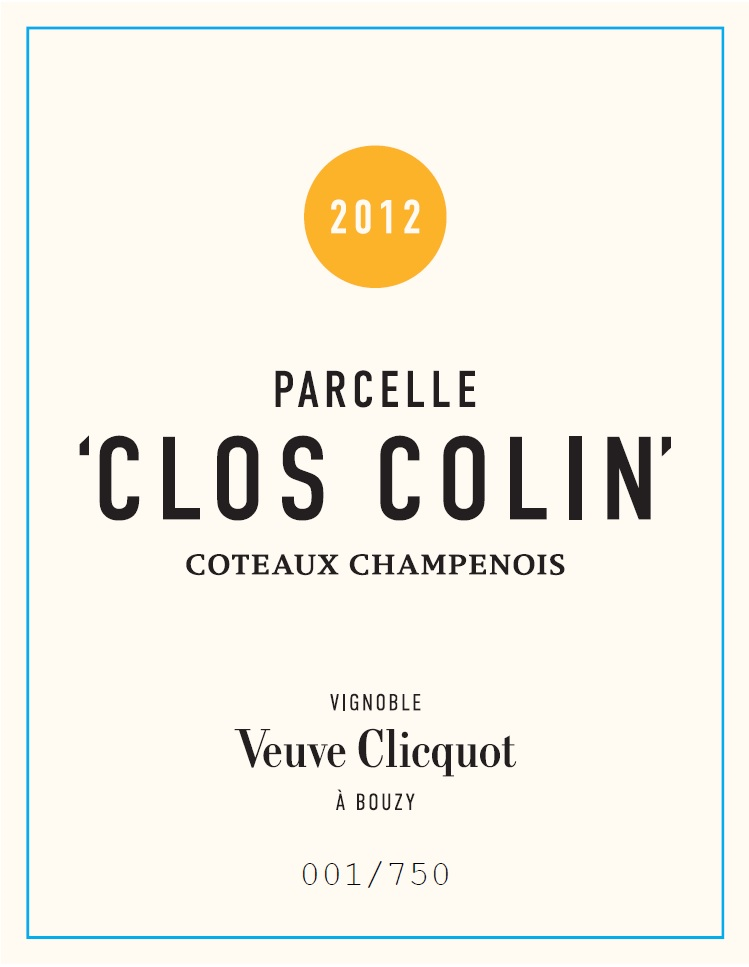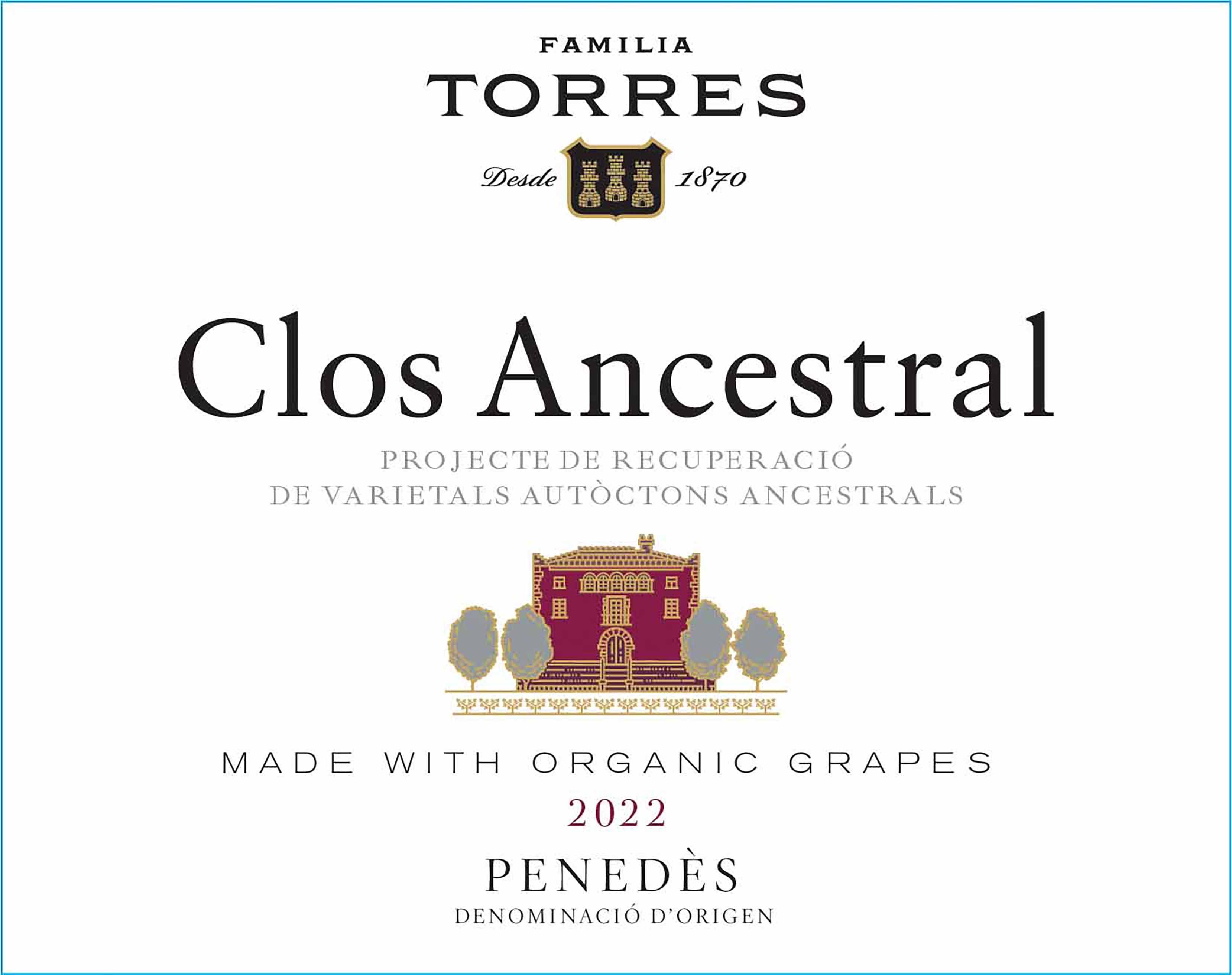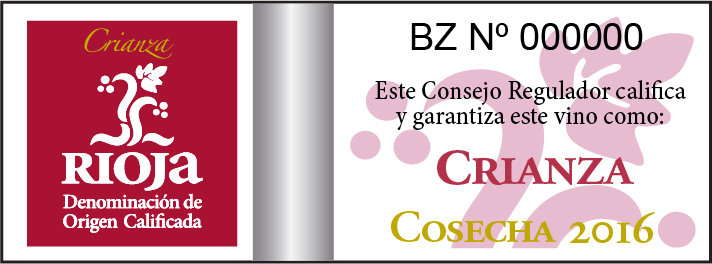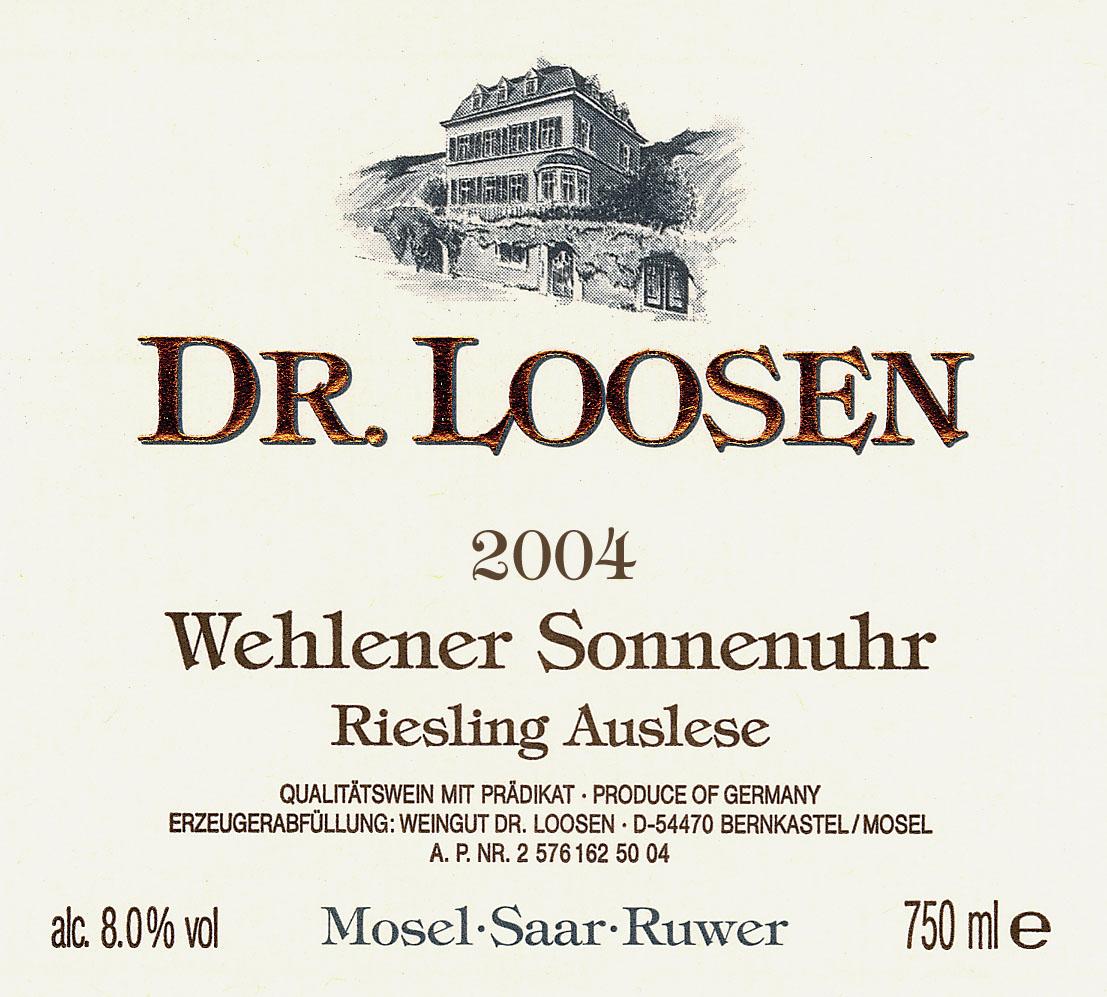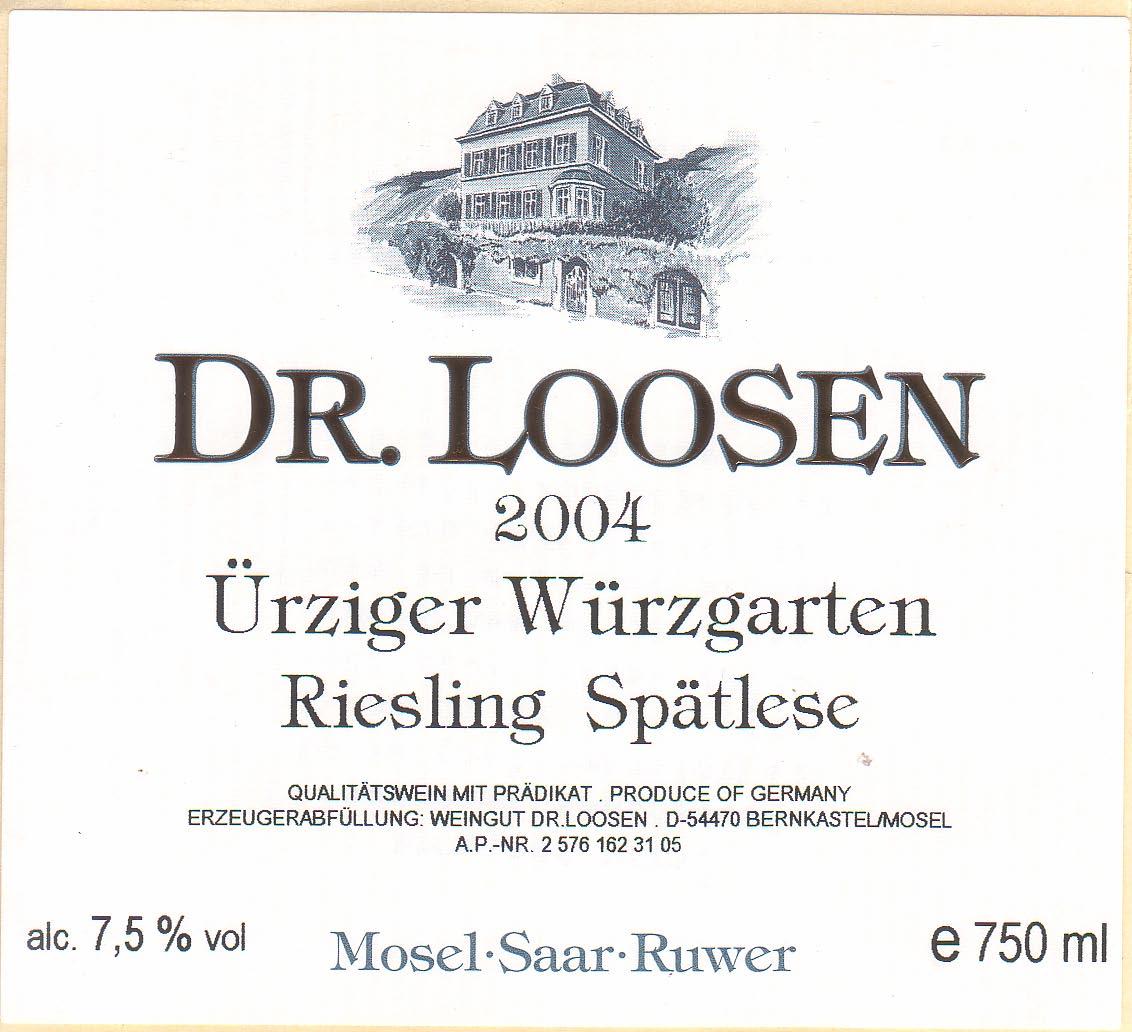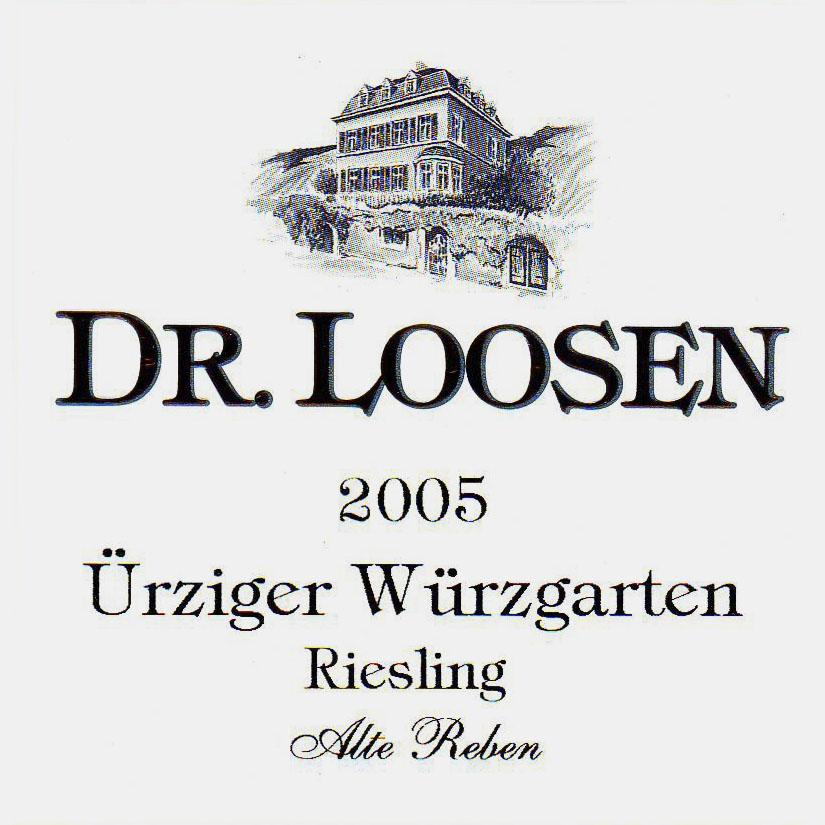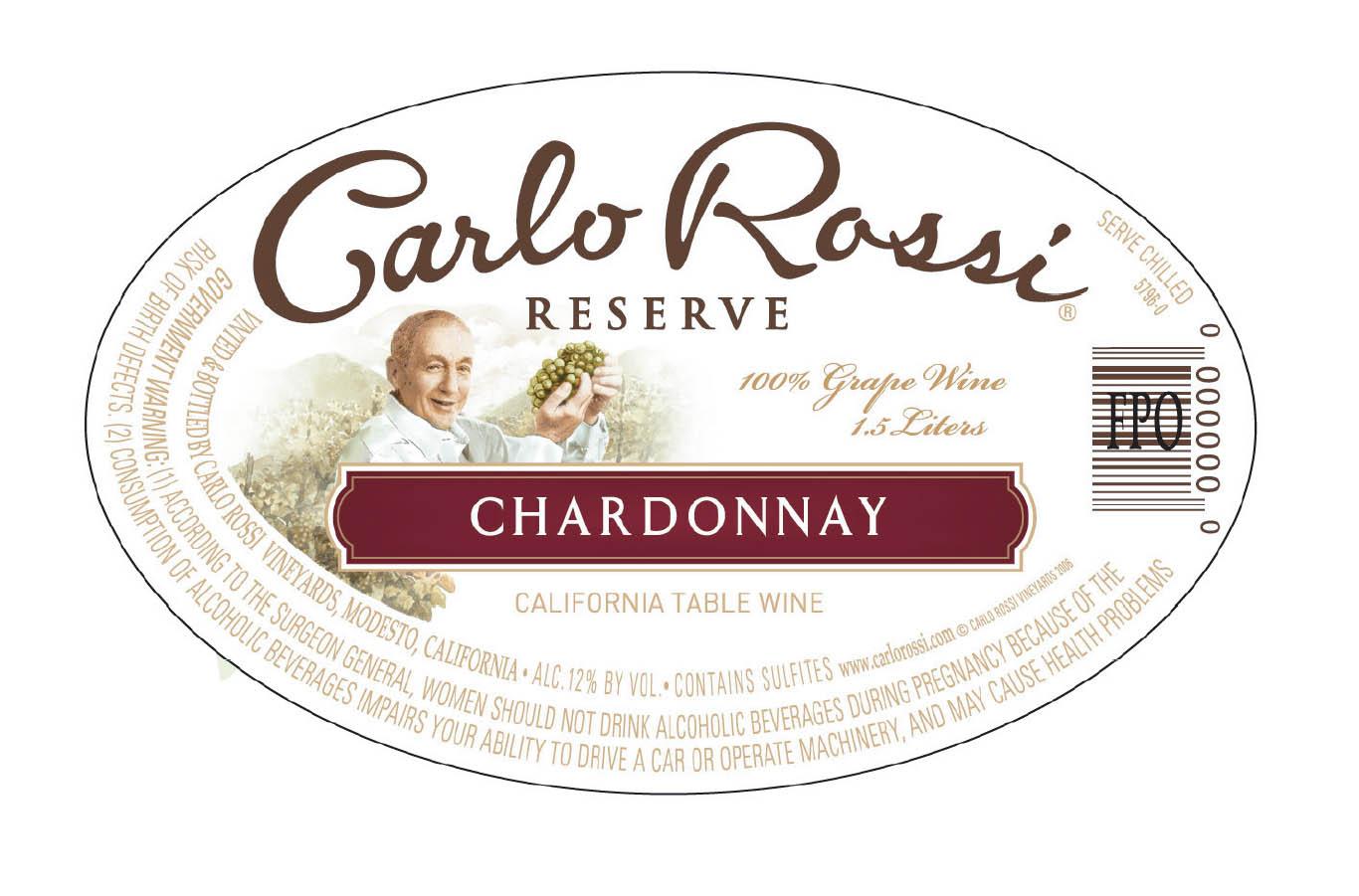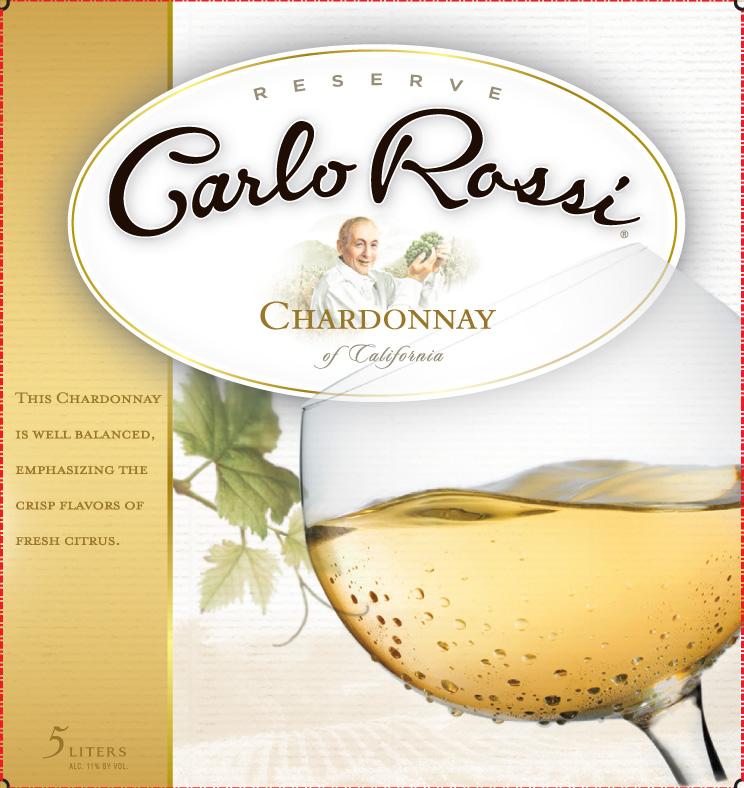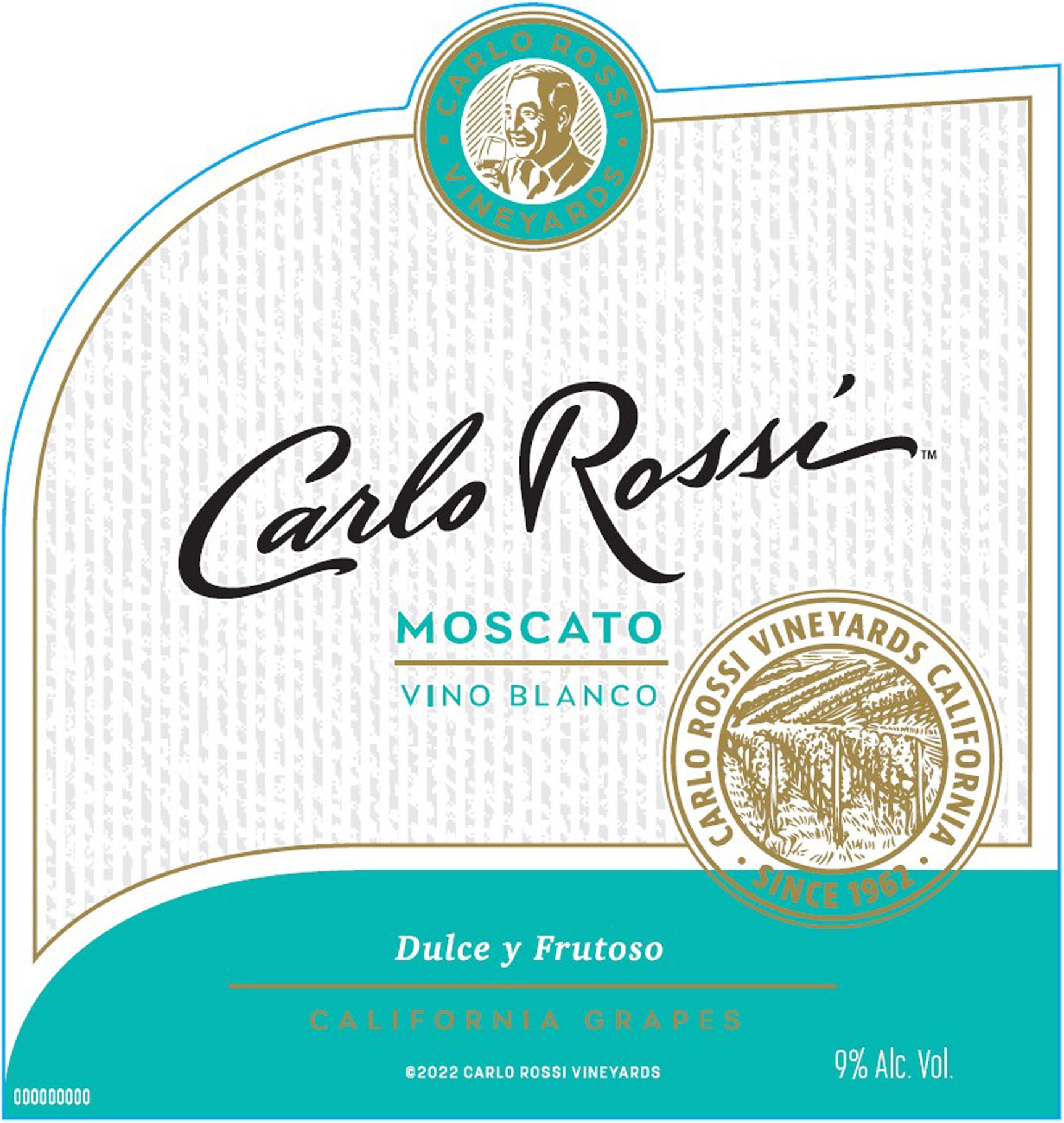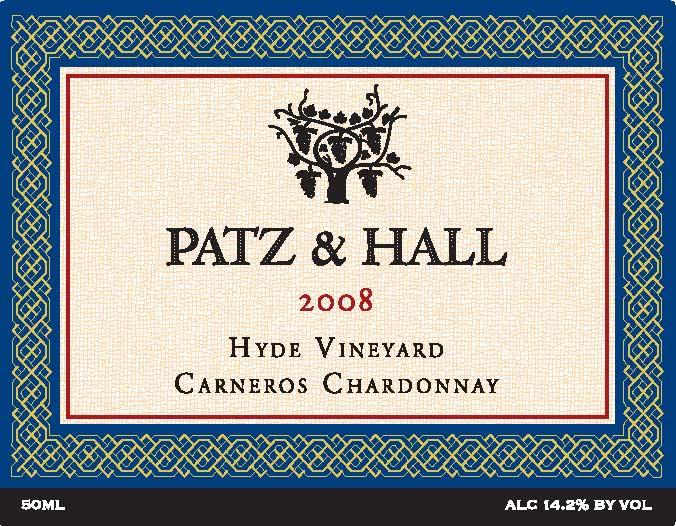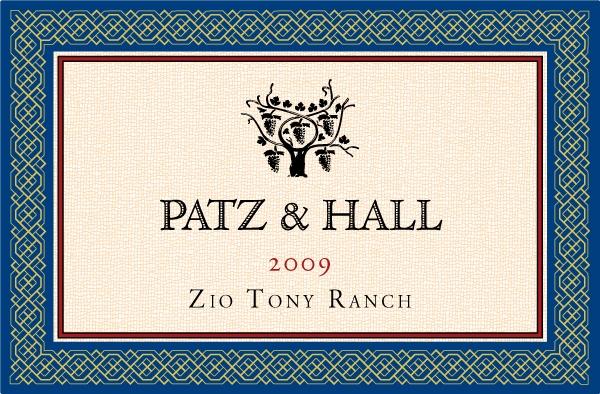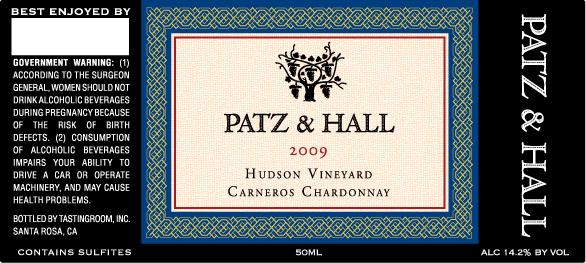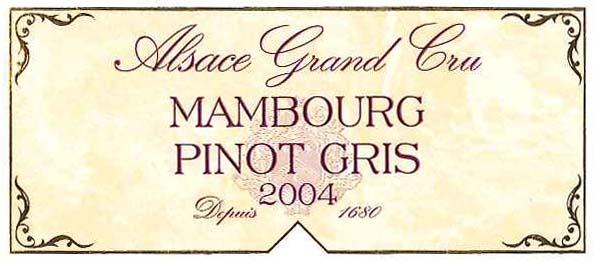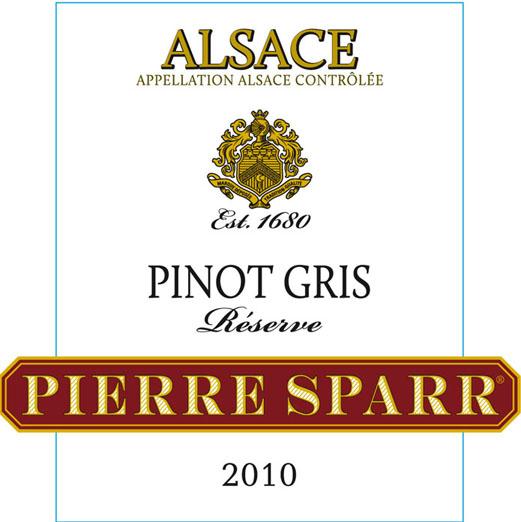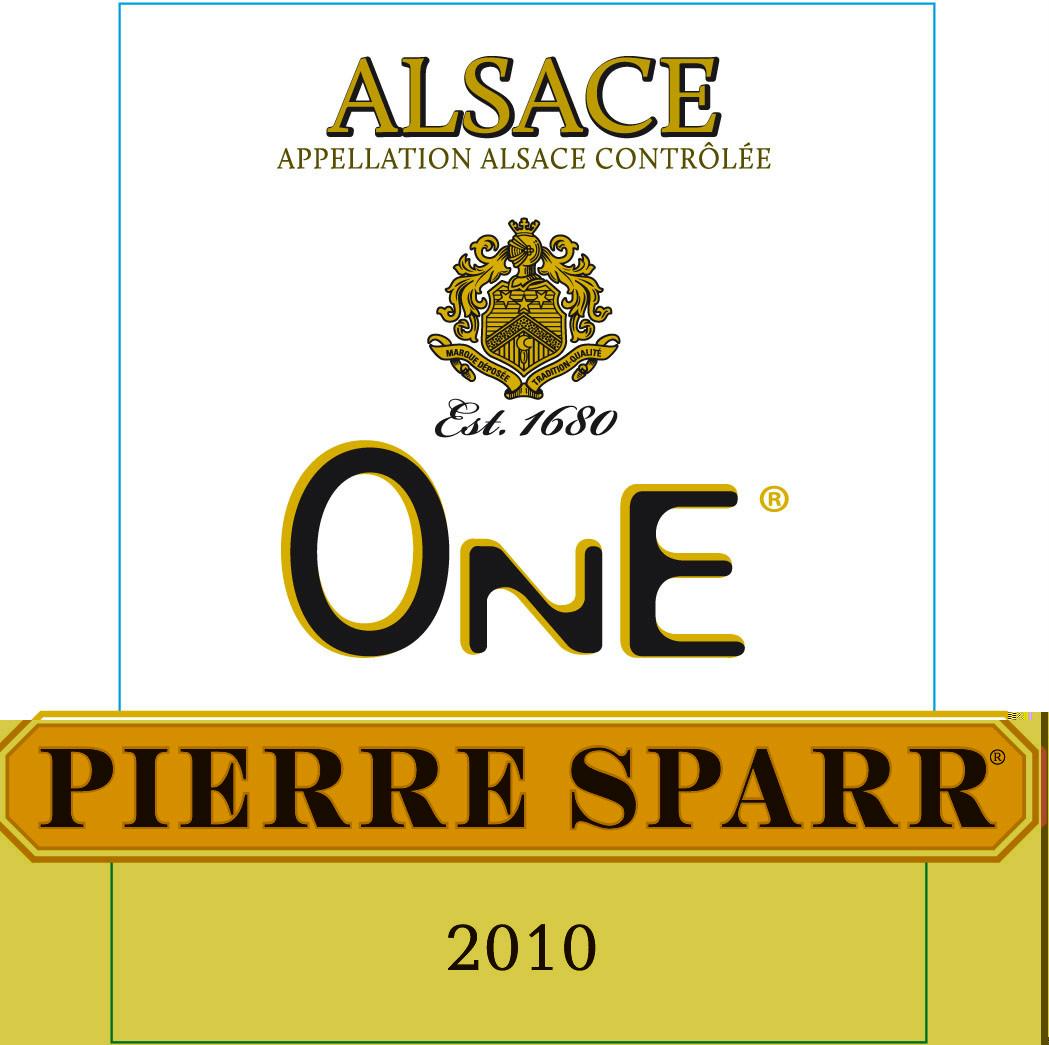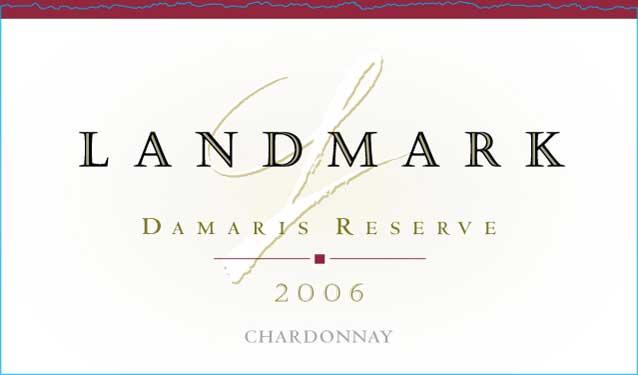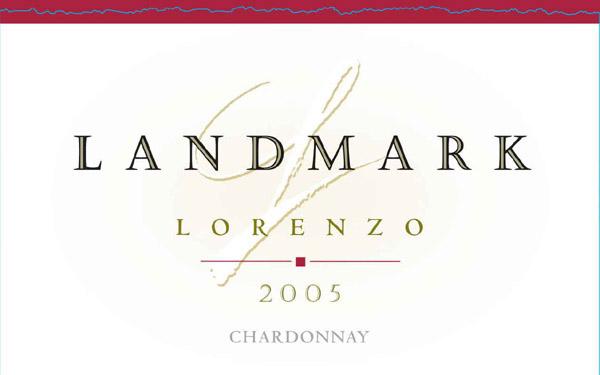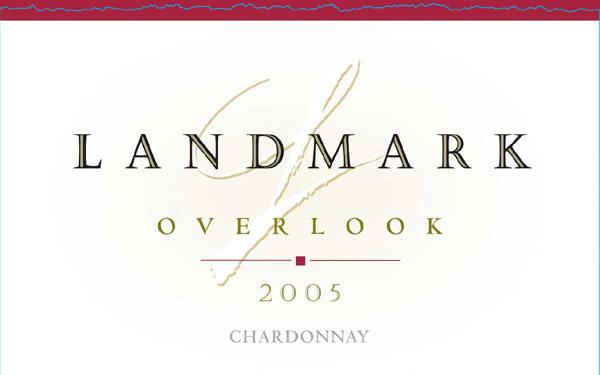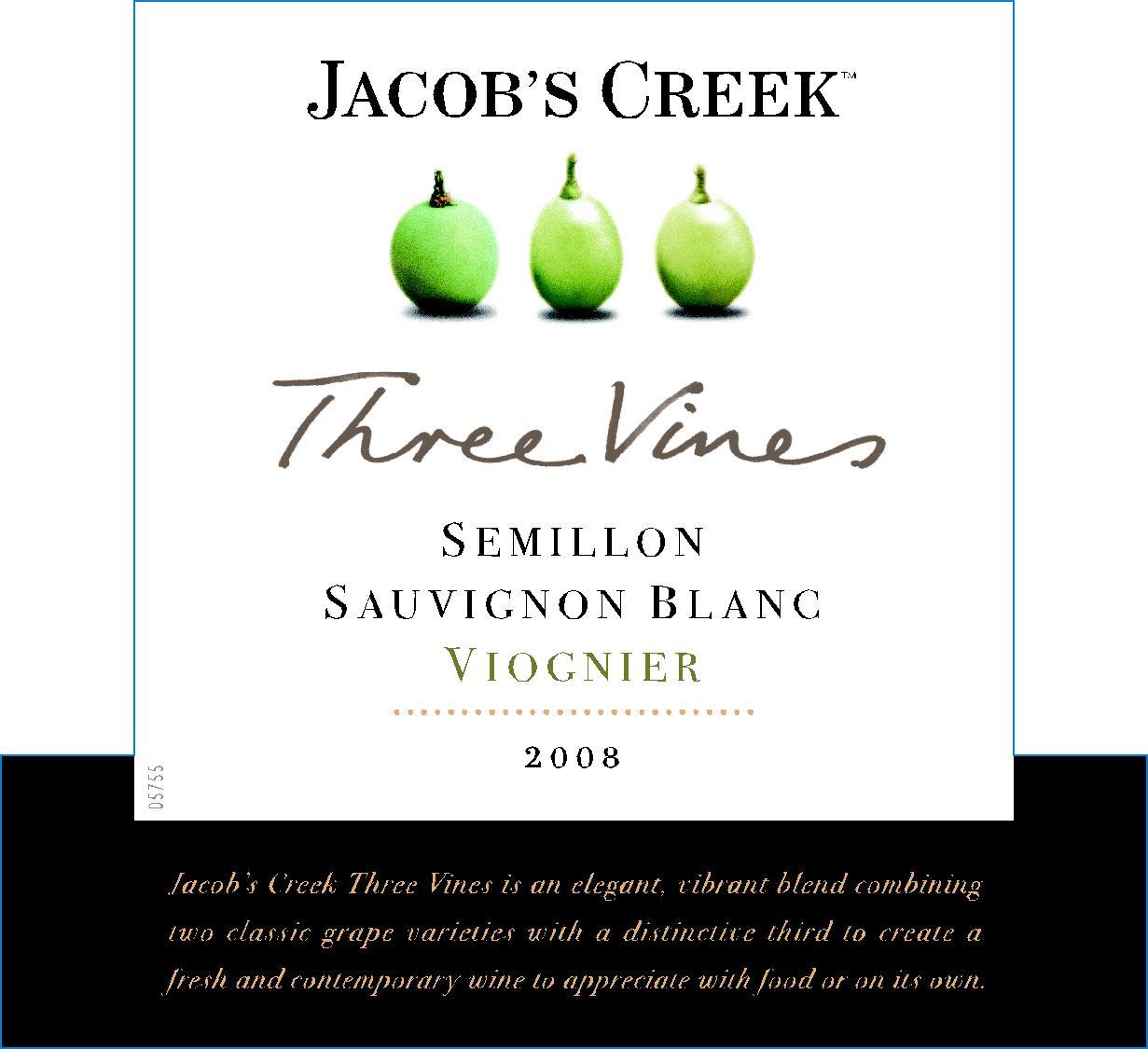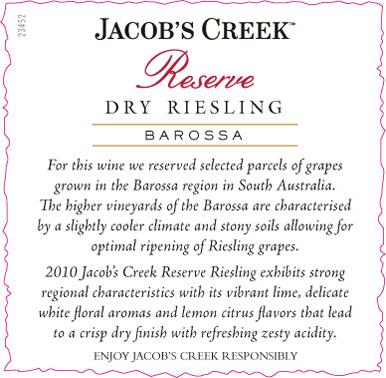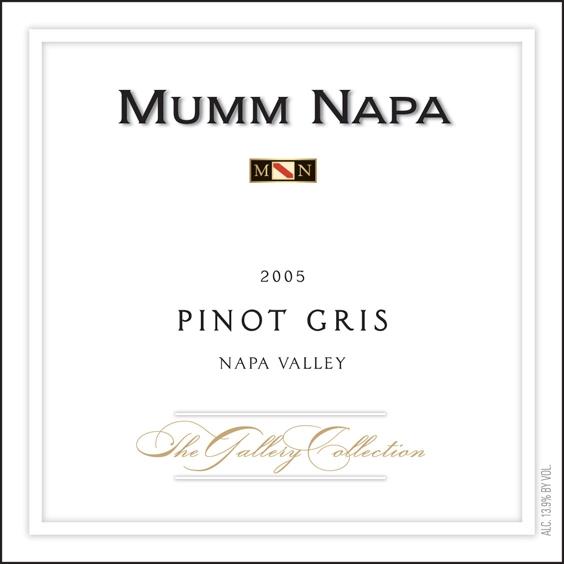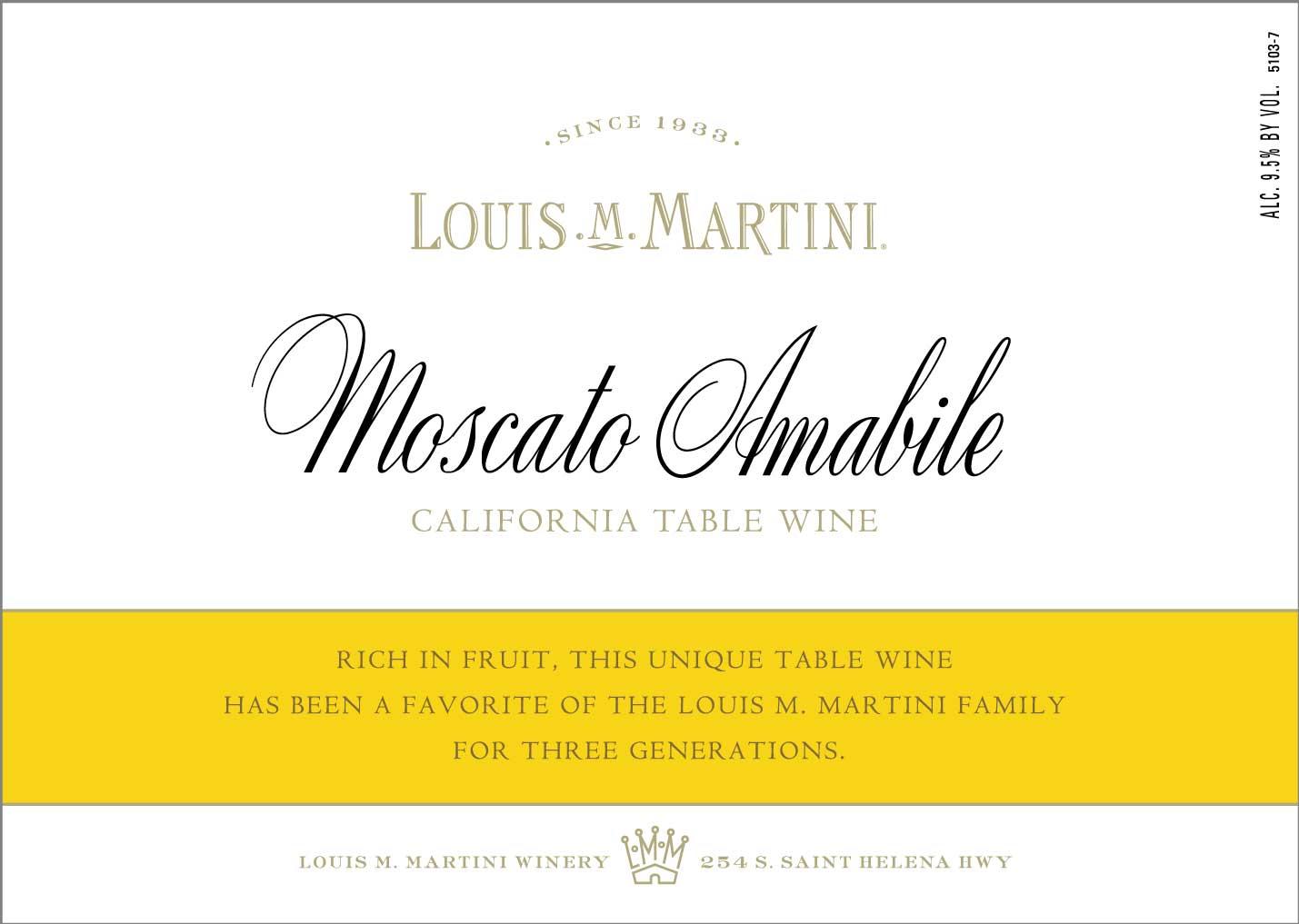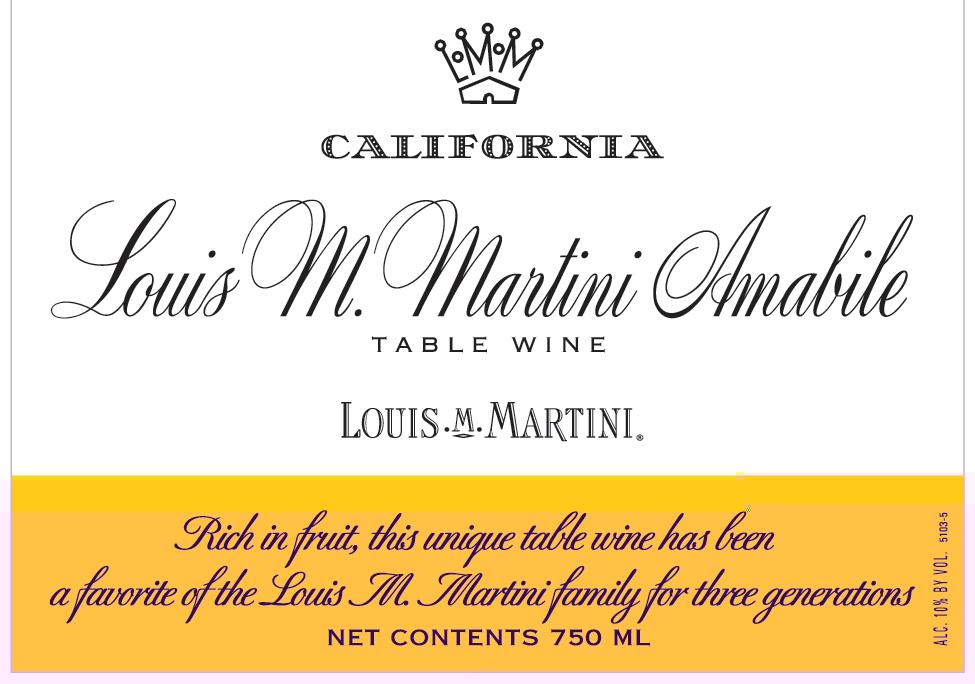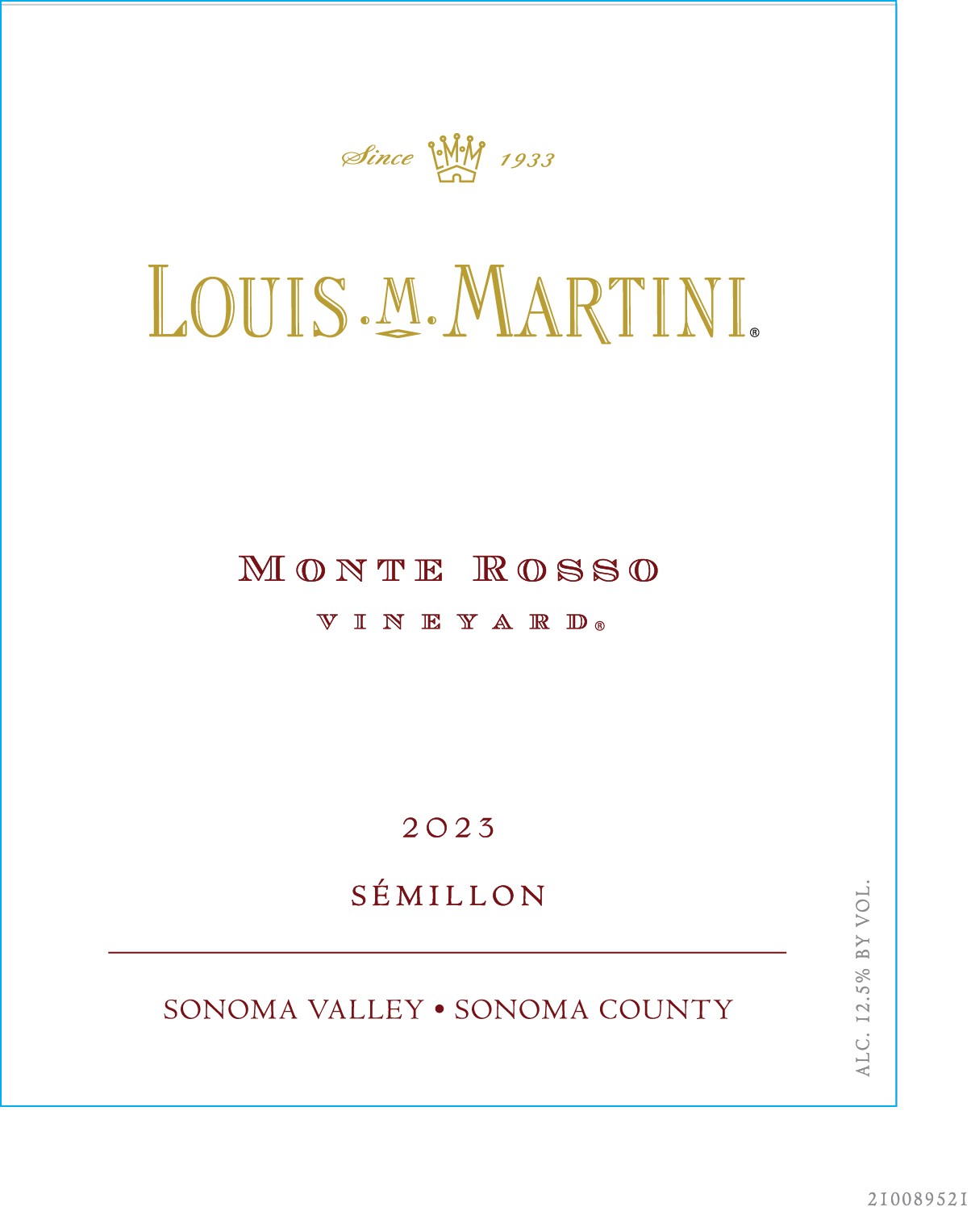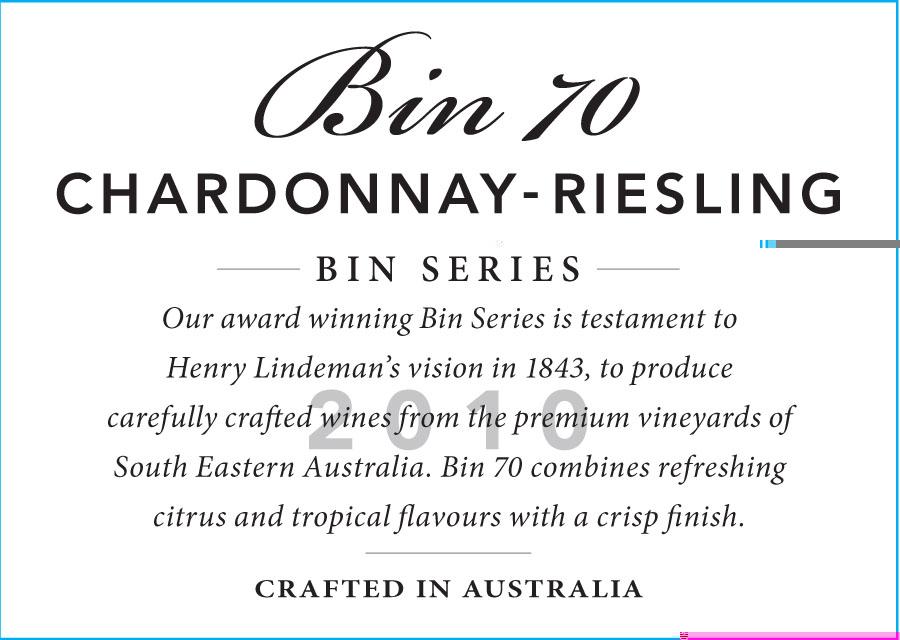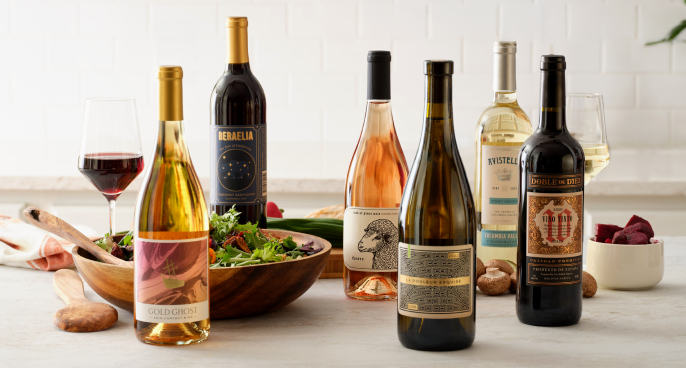Terroir of Marin County
Marin County's unique terroir is shaped by its closeness to the Pacific Ocean and San Francisco Bay, creating a cool, maritime climate. Morning fog and afternoon breezes extend the growing season, perfect for keeping acidity and developing complex wine flavors. The Petaluma Gap channels cold air, making it crucial to plant vineyards on sheltered spots or leeward slopes.
Vineyards vary from low coastal benches to high hillsides, with elevations ranging from a few hundred to over a thousand feet. Summer temperatures typically reach the 70s–80s °F, with significant cooling at night to preserve freshness. The soils, rich in sandstone, shale, and sedimentary marine deposits, are well-drained and nutrient-poor. This encourages deep-rooted vines and enhances varietal purity. These conditions produce wines with finesse, marked by fine-grained tannins in reds and brisk minerality in whites.
Notable Wineries in Marin County
Marin County, with its coastal charm and boutique wine scene, hosts several notable wineries that highlight the region's vibrant spirit. A standout is Skywalker Vineyards, famed for its Burgundy-style Pinot Noir and Chardonnay, reflecting the county's cool climate. Meanwhile, McEvoy Ranch offers Mediterranean-inspired wines and award-winning olive oil from its scenic organic farm.
Point Reyes Vineyards & Inn provides a wine-country retreat with its Pinot Noir and occasional sparkling bottlings. Pacheco Ranch Winery produces a unique Cabernet Sauvignon, benefiting from a warmer microclimate. Devil’s Gulch Ranch crafts refined Pinot Noir, Chardonnay, and Gewürztraminer from its steep slopes. Finally, Kendric Vineyards near the Petaluma Gap focuses on organic Pinot Noir with multiple clones. Each of these wineries embodies the essence of Marin’s innovative, low-volume production and dedication to quality.
Sustainable Winemaking in Marin County
Marin County is at the forefront of sustainable viticulture, where many vineyards adopt organic and biodynamic farming methods. These practices align with the county's broader commitment to conservation and environmental stewardship. Farmers use cover crops to enrich soil health and prevent erosion, while composting and integrated pest management help maintain balanced ecosystems.
With a naturally cool climate, irrigation is minimal, and night harvesting is prevalent to preserve fruit quality. The rise of solar power and energy-efficient technologies underscores the region's dedication to reducing its carbon footprint. Protected by agricultural land easements, development focuses on conserving habitats and open spaces, ensuring the land's longevity for future generations. These efforts reflect Marin's forward-thinking approach to viticulture, which champions low-impact farming and thoughtful ecological management.
Wine Tourism in Marin County
Marin County offers a distinct wine tourism experience, emphasizing quality over quantity. Visitors engage in personalized tastings at family-owned wineries, showcasing the county's boutique wine culture. Notable stops include Skywalker Vineyards and McEvoy Ranch, where guests can enjoy estate wines paired with local delicacies like artisanal cheeses and seafood.
Outdoor activities enhance the wine experience, with options like hiking Mount Tamalpais or exploring Point Reyes National Seashore. Cyclists can enjoy scenic rides along country roads, while unique tastings of sparkling mead can be found at Heidrun Meadery. This blend of intimate wine experiences and nature immerses visitors in Marin's coastal charm and artisanal food scene, celebrating the region's commitment to sustainable viticulture and low-impact farming practices.

